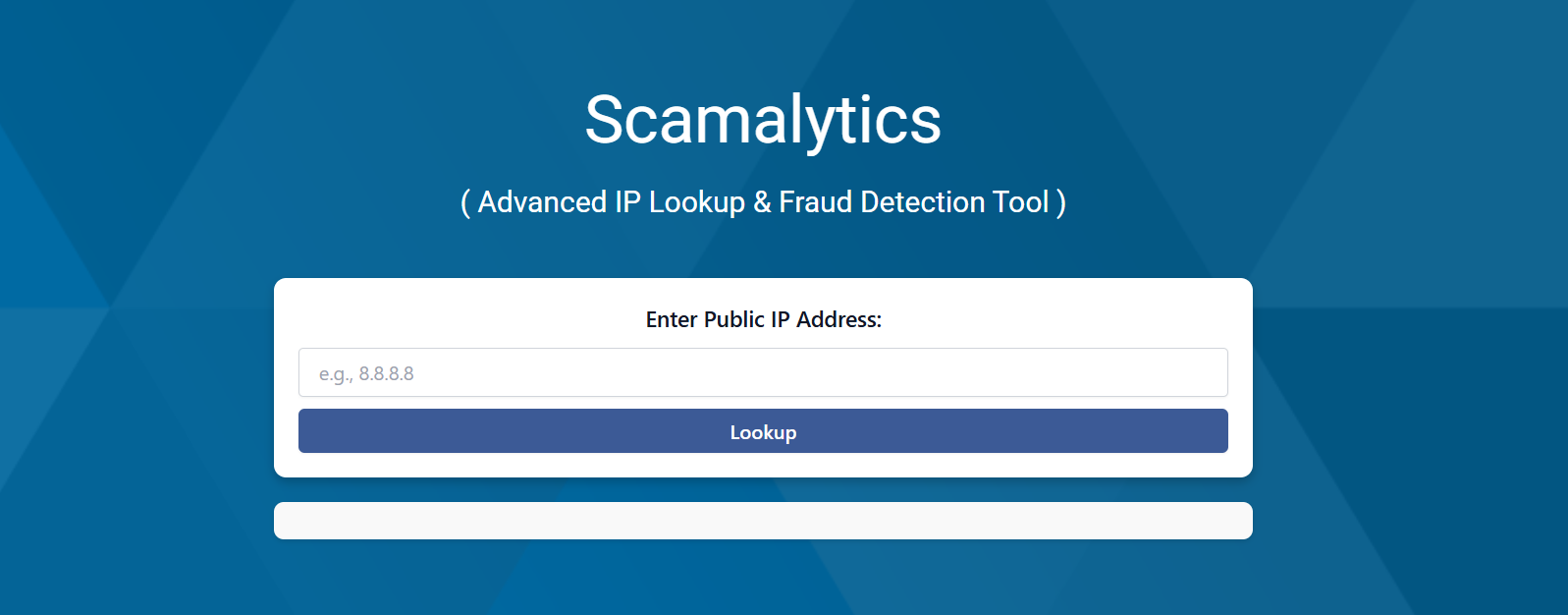Can AI Predict Your Future Wealth? What You Still Need to Plan Manually

Artificial Intelligence (AI) has taken over everything—from recommending the next binge-worthy show to detecting fraud in banking systems. And yes, it has stepped into the world of personal finance as well. Many platforms today claim to use AI to predict your future wealth, suggest investment strategies, and even automate your savings. But can AI really forecast your financial destiny with accuracy?
Let’s dig into the truth behind AI’s predictive capabilities in personal finance and understand what still requires your attention, especially if you’re building wealth through tools like Systematic Investment Plans (SIPs).
In this article, we’ll explore where AI tools (and platforms like Rupeezy) shine and where traditional human planning and tools like a sip calculator remain indispensable.
AI in Wealth Forecasting: What Can It Actually Do?
AI can process massive amounts of data in seconds. That’s where its predictive power comes into play. Here’s how AI helps forecast wealth:
- Behavioral Analytics: By analyzing your spending, saving, and investing habits, AI tools can predict future cash flows.
- Market Pattern Recognition: AI can detect trends from market data to provide investment suggestions.
- Portfolio Optimization: Some platforms use machine learning to automatically suggest how to diversify your portfolio.
- Risk Assessment: AI can assign you a risk profile and recommend investments accordingly.
- Automated Rebalancing: Based on market conditions, AI can realign your investment portfolio to maintain balance.
All this sounds promising, but it doesn’t replace human planning entirely—especially when it comes to emotions, life goals, and long-term vision.
Using SIP Calculator Alongside AI Tools
When planning wealth building through SIPs, many investors rely on both AI-driven suggestions and manual SIP planning tools like a SIP calculator.
Imagine this:
You receive an AI-generated message suggesting that investing ₹5,000 per month in mutual funds could potentially give you ₹50 lakhs in 20 years.
But how is that number calculated? You’ll need a SIP calculator to verify that projection.
Here’s how you do it:
- Enter Monthly Investment: ₹5,000
- Time Horizon: 20 years
- Expected Annual Return: 12%
The SIP calculator will show that you’ll accumulate approximately ₹50.9 lakhs, including around ₹38.9 lakhs in returns.
Platforms like rupeezy integrate such calculators into their dashboards, helping users verify projections and align them with personal goals.
Why You Still Need Manual Planning
Despite the advancements in AI, here’s why you still need to sit down and plan your finances manually:
- Life Goals Are Unique: AI can’t fully understand your personal dreams like owning a farmhouse, sending kids abroad for education, or retiring early.
- Changing Priorities: You might want to switch from high-risk investments to safer ones when starting a family—AI doesn’t know your emotional state.
- Value-Based Investing: If you prefer investing in green innovations or ethical businesses, you need to apply those filters yourself.
- Discipline and Intent: AI won’t remind you why you started investing—it only manages data, not motivation.
- Unexpected Life Events: Job loss, illness, or a sudden inheritance can’t always be factored into a machine-based prediction.
Why Rupeezy is a Smart Choice for Human + AI Investment Planning
Rupeezy combines simplicity, automation, and flexibility. While AI might predict what you could earn, Rupeezy helps you track what you actually are earning—and what more you could do.
Key advantages of Rupeezy include:
- Smart Recommendations: Curated fund options based on your financial goals
- SIP Calculator: Allows you to simulate different investment plans
- Goal-Based Dashboard: Helps you visualize your progress toward retirement, child’s education, etc.
- Real-Time Insights: Get market alerts and fund performance reports
- User Control: Unlike fully automated robo-advisors, you stay in charge
The Missing Piece AI Can’t Provide: Emotional Intelligence
When it comes to building wealth, emotions play a big role. Your ability to stay calm during market crashes, resist the temptation to pull out money, or increase your SIP when you get a salary hike—all these require emotional intelligence.
AI can’t feel:
- The satisfaction of hitting your savings goal
- The fear when markets tumble
- The joy of buying your first home
- The need to pause investments due to a personal emergency
That’s why financial planning is always part science and part psychology—and the human element is irreplaceable.
Tips to Combine AI Insights with Manual Planning
Want the best of both worlds? Here’s how to blend technology and human judgment:
- Use AI for what it does best: data analysis, automation, and predictions.
- Use SIP calculators like the one on Rupeezy to validate those predictions with real numbers.
- Review AI-suggested portfolios manually—check whether the sectors align with your values.
- Adjust your SIPs based on life events or changing goals, even if AI doesn’t prompt you.
- Use Rupeezy’s goal tracker but decide the timeline based on your personal vision.
Real-Life Scenario: AI vs Manual Planning
Let’s say you’re 28 years old and planning to retire by 50. AI suggests investing ₹10,000 monthly in high-growth mutual funds. But you know your life isn’t linear—you plan to take a 2-year break at 35 to start your own business.
If you rely only on AI, it won’t consider that break and might underpredict your retirement needs. If you use a SIP calculator manually, you can account for the paused investment period and adjust the monthly SIP to ₹15,000 instead of ₹10,000 after your break to stay on track.
That’s the kind of nuance AI misses.
Final Thoughts: AI is a Tool, Not a Replacement
AI has certainly made personal finance more efficient. From predicting market trends to automating investments, it’s a useful tool in every investor’s arsenal. But don’t let the convenience fool you into ignoring the fundamentals.
Real wealth-building still requires:
- Setting clear financial goals
- Making disciplined investments
- Adapting to life’s curveballs
- Using planning tools like a SIP calculator
- Choosing the right platform like Rupeezy


